12 Most Frequently Asked Questions from Clients
The following list provides information on frequently asked questions.
-
Why use a mortgage broker?
A mortgage broker can offer lower interest rates and more mortgage products than any one lender; and this service comes at no charge. A mortgage broker will also help you throughout your mortgage term by actively reviewing your mortgage situation and comparing it to current alternatives on the market annually.
-
How does a mortgage broker get paid?
Mortgage brokers are typically compensated with a "finder's fee" from whichever lender ends up funding your mortgage. There are no application fees or broker fees in the vast majority of residential purchases or refinances. Broker fees are only charged in exceptionally challenging circumstance, and it is in those circumstances where the benefit of using a mortgage broker is most valuable.
-
How are mortgage brokers licensed?
Mortgage brokers are licensed through FICOM and are held to a high regulatory standard by the Registrar of Mortgage Brokers.
-
What are the current best interest rates?
Rates are dependent on a multitude of factors. Some factors that may affect the type of rates available to you are: the type of property you are looking to obtain, amount of down payment, and credit score. These factors vary between lenders.
-
Why is mortgage insurance (CMHC) necessary?
If your down payment is less that 20% of the property value, you are required to pay for default insurance (CMHC) to protect the lender. For lenders, a small down payment is more of a risk, so the insurance premium is a guarantee for the lender in the event of a possible loan default.
-
Does paying bi-weekly actually save me money or shorten my amortization time?
It does. With a monthly mortgage, you'll make 12 regular mortgage payments annually. When you pay on an accelerated bi-weekly schedule, you'll make 26 half -payments, amounting to 13 regular payments annually. That might not sound like much, but it adds up. An accelerated bi-weekly payment schedule could make you mortgage-free years sooner, and save you in interest payments.
-
What are Fixed and Variable rates?
In a Fixed Rate Mortgage, the interest rate is fixed for a specific amount of time. This period of time (the mortgage term) can range anywhere from 6 months to 10 years. Over the course of the mortgage, less of the payment counts toward interest and more toward the principle.
With a Variable Rate Mortgage, the interest rate will fluctuate with changes in the Prime Rate, however the payments remain fixed. When rates go up, a larger portion of the payment goes toward interest and a smaller portion toward the principle. In an increasing rate environment, static payments can be beneficial in terms of budgeting, but will mean it takes longer to pay off the mortgage and cost more in interest.
In an Adjustable Rate Mortgage, the interest rate also fluctuates with changes in the Prime Rate, however these changes are reflected in the payment amount. When rates go up, payments are increased. When rates go down, payments are decreased. While this can be challenging from a budgeting perspective, it does ensure the mortgage continues to be paid down at the same pace.
-
What factors influence a credit score?
Credit scores are affected by payment history, amounts owed with respect to limits, length of credit history, new credit, types of credit used, and number of inquiries made on file by potential creditors.
-
Can I use gifted money for my down payment?
In most cases, the answer is yes. However, the funding must be from a family member. There are certain circumstances which you cannot use gifted funds. For example, your mortgage product may have a limit on the percentage of the down payment that can be gifted. We can find out if your gifted funds can be applied to your down payment.
-
What is the difference between a Co-signer and Guarantor?
A Co-signer is required when there is not sufficient income from the primary applicant, whereas a guarantor is required when the borrower has weak or poor credit.
-
Should I consider a mortgage to help with consumer debt?
Yes, in fact, this is a common use of a mortgage loan. Many of our customers obtain a mortgage to consolidate credit card debt, renovate their kitchen, or invest.
-
What is mortgage life insurance?
This is insurance coverage that would pay out in the event of death or disability of the homeowner.


